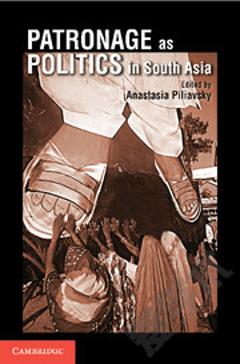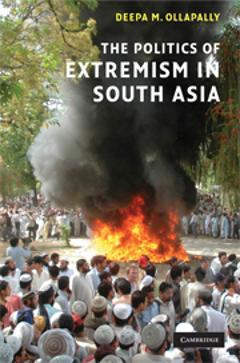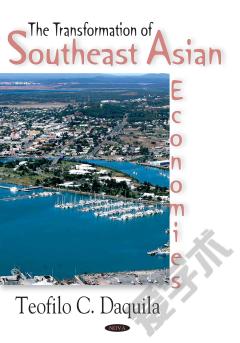The Everyday Political Economy of Southeast Asia
In this empirically rich collection of essays, a team of leading international scholars explore the way that economic transformation is sustained and challenged by everyday practices across Southeast Asia. Drawing together a body of interdisciplinary scholarship, the authors explore how the emergence of more marketized forms of economic policy-making in Southeast Asia impacts everyday life. The book's twelve chapters address topics such as domestic migration, trade union politics in Myanmar, mining in the Philippines, halal food in Singapore, Islamic finance in Malaysia, education reform in Indonesia, street vending in Malaysia, regional migration between Malaysia, Indonesia and Cambodia, and Southeast Asian domestic workers in Hong Kong. This collection not only enhances understandings of the everyday political economies at work in specific Southeast Asian sites, but makes a major theoretical contribution to the development of an everyday political economy approach in which perspectives from developing economies and non-Western actors are taken seriously.
{{comment.content}}








 京公网安备 11010802027623号
京公网安备 11010802027623号